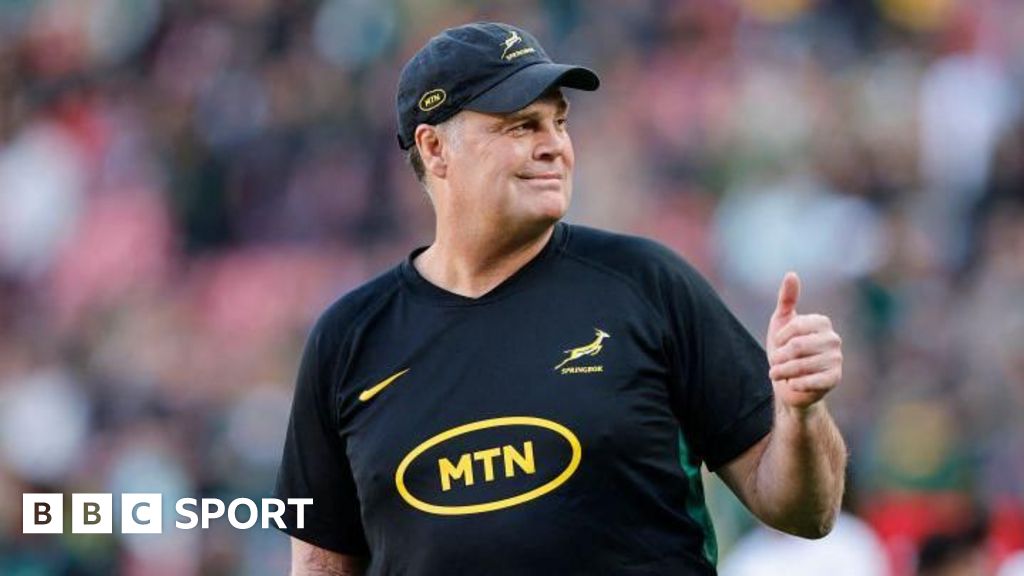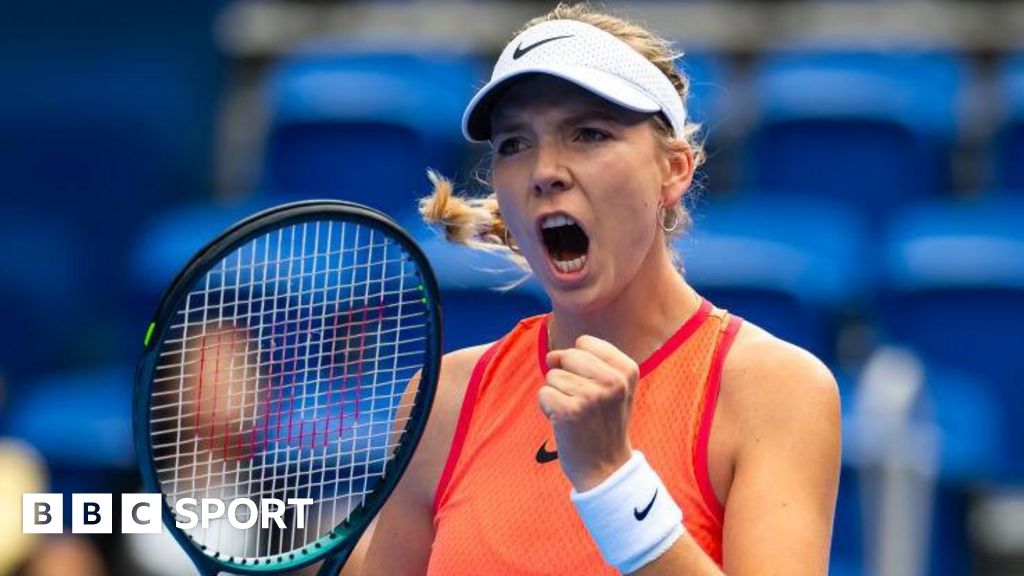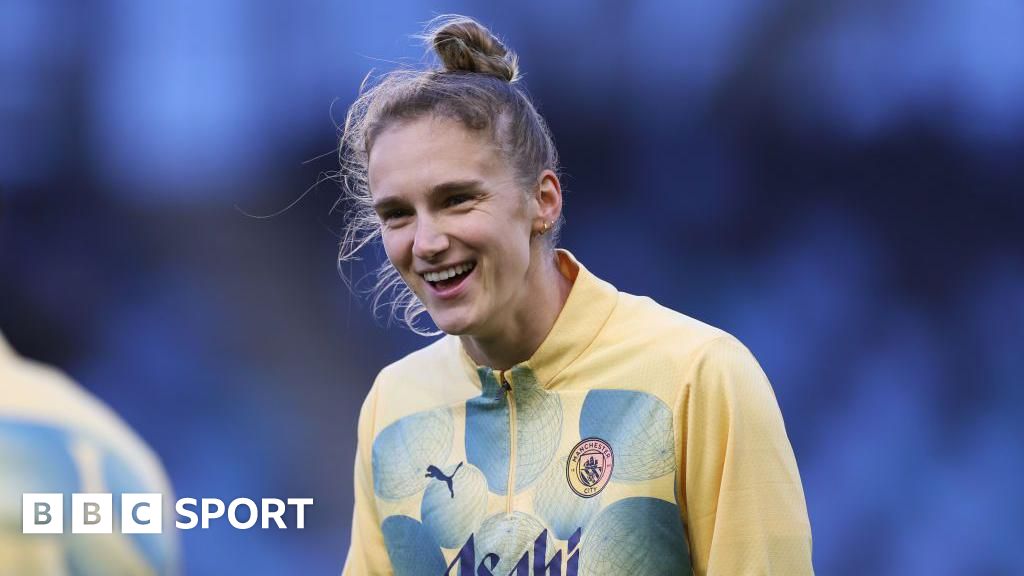ARTICLE AD BOX
The moment Murray's tennis career came to an end
Jonathan Jurejko
BBC Sport journalist in Paris
Andy Murray was a tennis player. Past tense. Feels strange to say, doesn't it?
Britain's Murray, 37, has brought his illustrious career to an end, playing his last match as a professional on Thursday with a defeat in the Olympics men's doubles quarter-finals.
Many memories. Many achievements: three Grand Slam titles, two Olympic golds, number one in the world.
So how did the first day of his retirement pan out?
And what does he do next?
The day after the night before - a GB guard of honour & lunch with Hoy
Olympics 2024: Sir Andy Murray reflects on his career with Sir Chris Hoy
The first day of Murray's retirement was initially spent at the Team GB Performance Lodge in north-west Paris.
The 37-year-old was cheered and clapped into the building as other British athletes - including the women's hockey team - were among the gathering of people forming a guard of honour.
A beaming Murray coyly waved his appreciation and thanked them for the reception.
Afterwards, the former world number one sat down for a round of television interviews - including one with British cycling hero Chris Hoy for BBC Sport.
The pair discussed a wide range of topics - including how Murray knew it was the right time to retire, why growing up with older brother Jamie forged his mental resilience and his love for collecting Olympic pin badges.
Then Murray popped off for a spot of lunch, away from the cameras, with his fellow Scot and Knight of the Realm.
The next few months - a family holiday and improving his golf
Once he leaves Paris at the weekend, Murray will head home to spend time with his wife Kim and their four children.
Then there is a family holiday planned in Spain - while the US Open, where Murray won his first major title in 2012, takes place in New York.
"I'm looking forward to having experiences with my family, which I've not had time to do because of the tennis," Murray told Hoy in a sit-down interview.
"I'm looking forward to being at home with them consistently and not having to explain to my children why I’m going away.
"They don't care about the tennis but they're always asking when I’m coming home.
"Being at home with them and getting to do normal things. I love dropping them off at school and picking them up. I love doing sport with them."
Aside from tennis, Murray has always been a decent all-round sportsman himself.
As a teenager, he had trials at Rangers Football Club. He was known to still play small-sided matches with his mates before his hip injury curtailed it.
Golf is another passion. Murray is believed to be a single handicapper and, fuelled by his extraordinary will to win, has talked about getting down to scratch.
"We played before we left and you guys know what he's like - he will be pretty competitive and well into that," said Dan Evans, who played alongside Murray in his final tournament.
Murray's retirement leaves a vacuum in British tennis and the global game.
But, with his love for the sport remaining undiminished, it is hard not see him reappearing in the coming years.
When he will re-emerge, he does not know. What role he will be doing is also unclear.
Coaching has been regularly mentioned by those who have worked with him, with Murray known as someone always willing to offer advice and mentorship.
Last month, he mentioned young Britons Emma Raducanu and Jack Draper as players he would like to coach.
"It's not something I want to do immediately; it might be something I want to do in the future," Murray told BBC Sport.
"I went along to watch one of the young Scottish kids in pre-qualifying at Wimbledon and I really enjoyed that.
"That's something I could see myself doing. But I don't want to travel just now.
"So that would be something for further down the line."
One thing he has already ruled out is moving into the media, as Hoy and countless other sporting superstars have done.
Murray sat in the BBC television booth at Wimbledon in 2018, spending almost five hours calling a quarter-final epic between Rafael Nadal and Juan Martin del Potro.
"I really didn't enjoy it the couple of times I did it, so I don't see myself doing that," he told journalists on Thursday evening.
"And I wasn't particularly good at English at school so I don't think writing would be my thing. So you can keep your job!"
Murray will use his downtime to think about what he wants to do in the longer term.
Offers will flood in no doubt and, to echo the view of Evans, you would back Murray to "be good" whatever he turns his hand to.

 2 months ago
14
2 months ago
14








 English (US)
English (US)